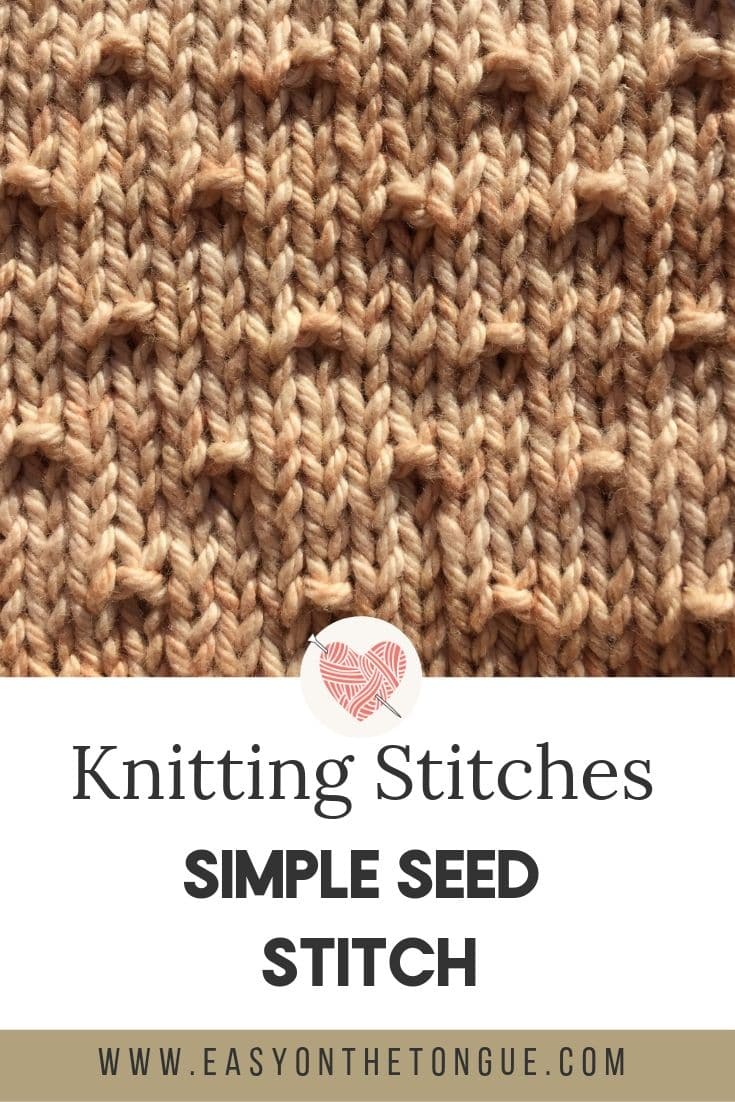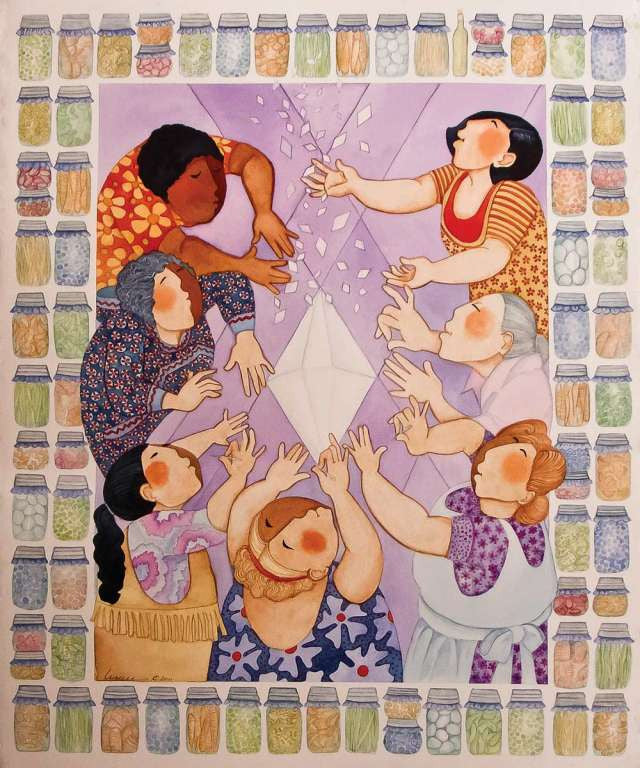
There are many types of Hawaiian quilting. There are Crazy Quilts and Embroidered Quilts as well as Fused Quilts. You might also have heard of Frail quilts or Breadfruit patterns. These quilts can be made from Kona cotton, which is a very special fabric. Learn more about these quilting designs in this article. This article will also include tips for making your own Hawaiian quilt. There are many patterns that you could use.
Crazy Quilts and Embroidered
Embroidered and crazy quilts were made in the Hawaiian Islands by women. They followed the traditions and styles of the time. Although most designs were floral, there were also birds and fish. These quilts are quite different from those that are sold today.

Embroidered and fused
Hawaii has a rich history with fused and embroidered quilting. It was brought to Hawaii by European missionaries early in the 1800s. The use of cotton was introduced initially by the missionaries. However, Hawaiians soon adapt the craft to their specific needs. Hawaiian quilts feature colorful motifs. The original design used two layers of fabric: a white base and a colored design fabric, which were then appliquéd to the background. These quilts often feature the image of a Hawaiian monarch.
Breadfruit pattern
Breadfruit quilting is a traditional Hawaiian design for making bed quilts. It is named after breadfruit trees and is a symbol that abundance is possible. The breadfruit is round, and grows at the bottom of trees. The Hawaiians use its leaves and fruit in many ways. The wood and the leaves are used for lumber, while sap is used as a common adhesive. You can also make cordage and kapa from the bark.
Frail quilts
There are many ways to appreciate frail quilts. Visit a quilt museum is one way to appreciate frail quilts. Some quilts exhibit the history of a state, while others celebrate a historical event. This is the case with the queen's quilt. The quilt covers the life of the Queen of Hawaii, Lili'uokalani, and it's a piece of Hawaiian history.
Crazy quilts
Crazy quilts are a very popular type of quilting in Hawaii. The women in Hawaii use different motifs for their quilts. Hawaii's motifs are mostly floral and fish. On the mainland, the motifs can be more diverse.

Embroidered quilts
The tradition of embroidery quilts from Hawaii dates back to 1870. These traditional Hawaiian quilts feature mirrored motifs, perennial 'ulu leaves, and colorful designs. The fusion of native textiles and European patchwork techniques is what gives these kapa kuiki quilts their distinctive look. The introduction of European sewing techniques and fabrics was made to Hawaii by Christian missionaries who arrived in 1820s. As the island population gained access to cotton, this practice evolved. Today, most Hawaiian quilts are made from 100 percent cotton.
FAQ
What are observation hobbies?
Observation hobbies allow you to observe others doing the same thing. You might be interested in watching sports, reading, going on holidays, and so forth. It could also be observing other people as well.
Observation hobbies can be very beneficial because they allow you to learn how creative thinking works. This knowledge can be used later to help you with projects that you are working on for others or yourself.
It will be easier to learn about something if you are interested in it.
For example, if you want to know more about football, you may watch a game or read a book about it. You could visit or take part in exhibitions if you are interested in learning more about photography.
If you like to play music, you can either learn the songs online or get a guitar.
You can cook your own meals, or you could go to a restaurant.
If you love gardening, you might grow vegetables or flowers.
If you are a fan of dancing, you can join a class or go out with your friends to learn.
If you enjoy painting, you might paint pictures.
You could also write poems or stories if you enjoy writing.
If you like drawing, you could draw pictures.
If you love animals, you could look after pets or work at a zoo.
If science interests you, you can study biology, chemistry or physics.
If you like history, you could read books, watch films or listen to podcasts.
If you enjoy traveling, you can travel around the world or just explore your own area.
How can I find a hobby?
You might feel as though you don't have a choice when you first start your quest for a hobby.
You're probably thinking, "I'm not very artistic," or "I'm terrible at sports," or maybe even "I don't know anything."
There is a good chance that you have some experience with hobbies.
It's just that you haven't realized it yet.
Take a look around your house. Do you have a lot of stuff?
Do you have any old toys lying around that could be used?
Perhaps you have a collection.
Perhaps you've always wanted a career in cooking.
Perhaps you would like to play guitar again.
Whatever it is you're interested in, you can make it a hobby.
It is important to recognize that you already have a lot of experience to draw from.
You will find a hobby you love once you have it.
What are collection hobbies?
The most sought-after collections are books and movies, music, comics as well as comics, videos games, sports equipment, toys, and others.
You can also collect stamps, coins and cars as well as dolls, action figures, figurines, art supplies, kitchen utensils, jewelry and watches as well...
I think you get the point.
What are your competitive hobbies?
Swimming, running, cycling, golfing and tennis are some of the competitive sports.
They are usually enjoyed by people who enjoy being active, but also allow for social interaction.
You will probably find people around you who have the same hobby as you, if you are into physical activity.
This could mean joining a club, or group that meets regularly to do sports together.
You may also want to play in a team game, where you are playing with others.
These include football (soccer), cricket, rugby, netball, basketball, hockey, baseball, volleyball, badminton, squash, handball, and table tennis.
There are many different types of competition.
Some competitions exist solely for recreational purposes.
Others are used to assess competitors' abilities.
Some are even designed to reward outstanding performance.
In these cases, the winners receive prizes.
Other competitions are meant to test competitors' strength and stamina.
These are known as endurance events.
For example, marathon races, triathlons, Ironman Triathlon, etc.
Athletes often train hard before competing in these events.
To prepare them mentally and physically, they will be following a strict training regimen.
They might also have to travel for preparation.
It's important to remember that not all athletes compete in every type of event.
Statistics
- Almost 80% of people claim to have no hobby. (hobbylark.com)
- I am 100% biologically a woman (discover.hubpages.com)
- Studies show that just six minutes of reading can reduce stress levels by 60 percent. (oberlo.com)
- In comparison, men in the “no humor” condition were refused 84.6% of the time and were only accepted 15.4% of the time. (time.com)
- 37% Video Games 36% Travel 36% Health and Fitness (quizexpo.com)
External Links
How To
How to find the right hobby for you
Asking yourself questions can help you determine if your hobby fits you.
-
Do I enjoy doing it?
-
Is it a pleasure?
-
Do you think it's something I would enjoy doing when I get older?
-
Are I good at it?
-
Can I improve?
-
Would you recommend it to others?
-
Will it bring you happiness?
-
Can it help me to relax
-
Will it make me feel better about myself?
-
Can it help me to develop skills that I can apply later in my life?
-
It could allow me to make new friends.
-
Will it allow me to express my creativity?
-
Is it possible to learn new skills?
-
Is it going give me confidence?
-
Do I feel accomplished?
-
Will it result in financial success for you?
-
It will allow me to travel.
-
Will it let me explore new areas?
-
Will it motivate me to exercise more?
-
Will it encourage me to work harder and do I feel inspired?
-
Will it motivate me to succeed?
-
Are there activities I might not consider doing?
-
Is it up to me?
-
It will be entertaining.
-
Is it going to keep me fit?
-
Will it save money?
-
It will it lower stress levels?
-
Can it keep you from boredom?
-
It will free me up to do other things.